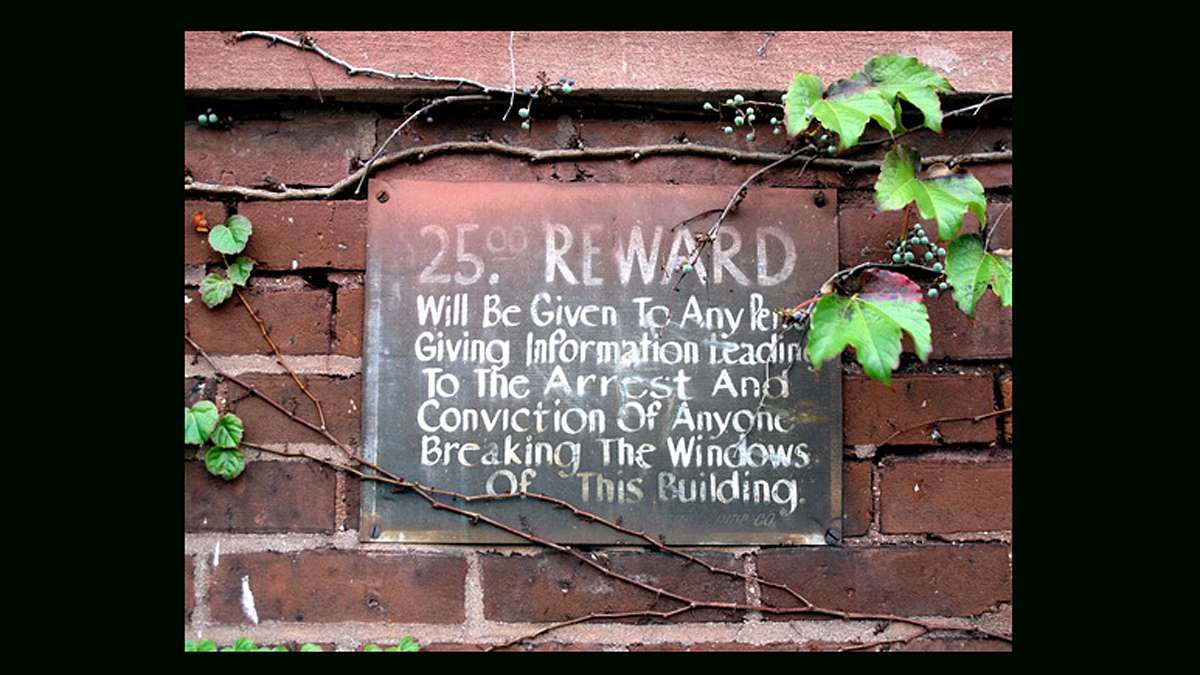Newark’s school reform battle is taking a toll on its union
Last week I wrote here about a legal dispute in Camden: twenty-five local residents, backed by several statewide anti-charter groups, filed a complaint with the N.J. Department of Education charging that Camden City Schools’ partnership with two highly-regarded non-profit charters, Uncommon and Mastery, violates legislative protocol. This complaint is a political sideshow, a petty grievance about the intricacies of a small NJEA-supported bipartisan bill that passed almost three years ago.
But Newark, New Jersey’s largest school district, is facing far more than a frivolous lawsuit and the city’s schools exemplify the growing rift within national teacher unions. Like most of the rest of America, Newark has implemented reforms like the Common Core State Standards and higher degrees of accountability. However, the combination of a merit pay option in last year’s contract, a fiery mayoral race, the combustible administration of superintendent Cami Anderson, and the expanding role of charter schools have ignited an internecine battle within the Newark Teachers Union.
Everything in Newark is magnified: district size (almost three times the size of Camden’s 15,000-student enrollment), union and municipal politics, the formidable personalities of Anderson, new Mayor Ras Baraka, AFT President Randi Weingarten, Newark Teachers Union President Joseph Del Grosso, and, of course, Gov. Chris Christie. The fissures within the Newark Teachers Union are amplified too, and now a militant caucus of the union is getting louder and more powerful. The national unions, NEA and AFT, have the Badass Teachers Association. Newark has Badass writ small: the Newark Education Workers Caucus.
Here are the major players:
NTU President Joseph Del Grosso: he’s served as union head for nineteen years and in 2013 helped negotiate that controversial contract with the district that included a merit pay clause, anathema to old-line unionists. Afterwards del Grosso said with delight, “this is really a historic time.” Weingarten, who went on “Morning Joe” arm-in-arm with Christie to celebrate the new contract, has since reneged on her support as she struggles to unify disparate national factions. The last NTU election was a squeaker: del Grosso won by only nine votes and lost control of the Executive Board.
Newark Education Workers Caucus (NEW): this is the faction within NTU that, in a bow to original unionists like Eugene Debs, describes itself as a social justice movement that opposes “the privatization of public schools, the corporatization of public life, and the commodification of human life in general.” NEW rallied teachers against del Grosso during the last election, primarily by demonizing Cami Anderson, and now controls the Executive Board of NTU. Like other anti-Cami groups, it played an active role in Mayor Baraka’s successful election bid.
NEW publishes a regular newsletter and sponsors “Fight Back Fridays,” when members wear black shirts and picket before school. At one point the group published a “Manifesto. The link has been taken down, but here’s an excerpt:
“NEW Caucus stands in opposition to the Democrat-Republican attack on public education at the local, state, and national levels. We are critical of big corporate financiers who fund each political party in order to have their own economic and political self-interests served at the expense of the common good of the working people, especially those who live in poor neighborhoods in cities across the United States. Those who joined NEW Caucus since January are determined to resist such efforts as well as to energize and revitalize the NTU to make it the fighting force it once was and will be again.”
PULSE, or “Parents United for Local School Education”: this is a group of parents who oppose closing traditional public schools, even though more and more Newark parents are choosing charters. (Currently, 25% of Newark public school students attend these independent public schools.) Two weeks ago PULSE organized a boycott of schools by students and teachers, which put Mayor Baraka in a bind: can a civic leader urge children to play hooky? (He didn’t, a wise move.) Side note: PULSE’s founder, Sharon Smith, sends one of her children to a Newark charter school.
Newark, of course, is only part of the story. Just as factions like NEW that represent old unionism — nostalgia buffs spouting the songs my mother used to sing to me (“There once was a union maid/who never was afraid/of goons and ginks and company finks/and deputy sheriffs who made the raid”) — there are smaller, or at least quieter, factions that represent a kind of new unionism, union reform, if you will.
See, for example, Educators For Excellence, which describes itself as “a national movement of teachers leading the charge to change our education system” and lobbies for the elimination of seniority-based lay-offs, higher pay for hard-to-fill specialties like STEM, special education, and bilingual teachers, and leadership opportunities. E4E is a kind of inversion of NEW: it’s not the old school of unionism but the new one. As such, it represents the growing cadre of younger educators who are less invested in back-loaded compensation systems and more comfortable with data.
But then there’s Newark, divided between those who accept the urgency of educational change and those who fight for a return to the heavy footprint of union tradition. Whither goes Newark, so goes America? It’s anyone’s guess, but the children of Newark would be best served by a more measured search for common ground.
_____________________________________________
Laura Waters is vice president of the Lawrence Township School Board in Mercer County. She also writes about New Jersey’s public education on her blog NJ Left Behind. Follow her on Twitter @NJLeftbehind.
WHYY is your source for fact-based, in-depth journalism and information. As a nonprofit organization, we rely on financial support from readers like you. Please give today.









